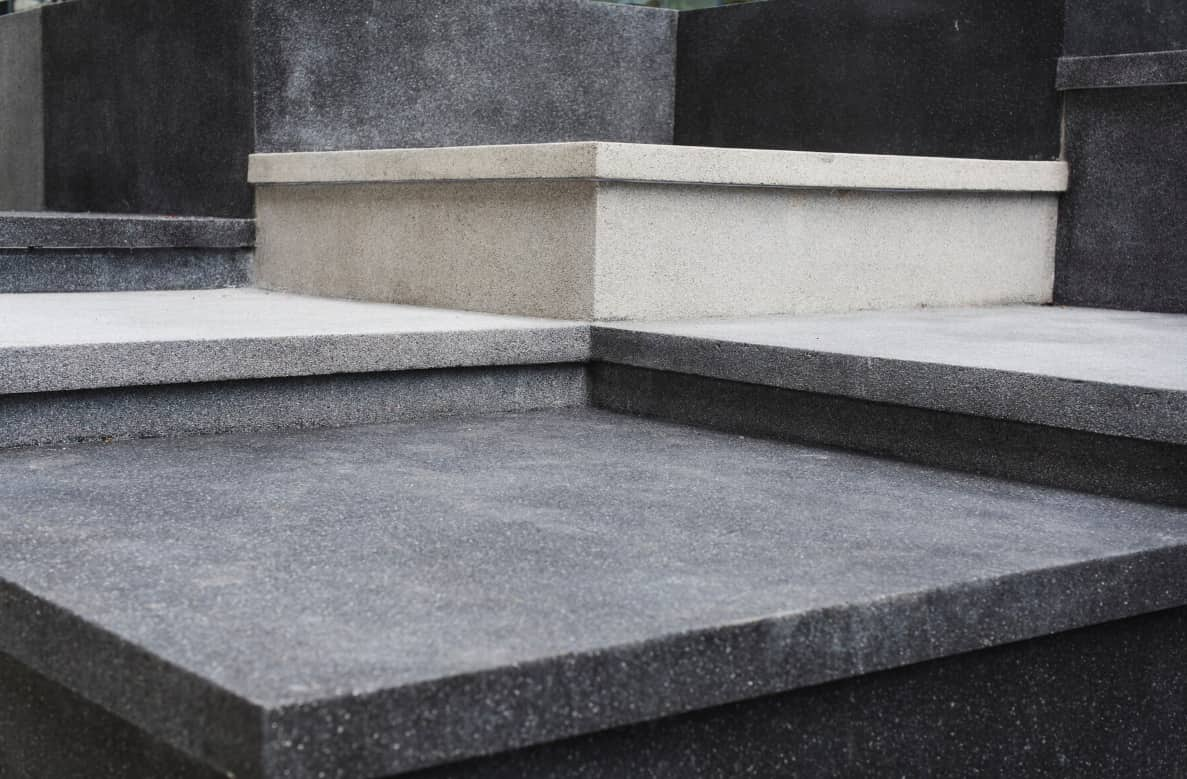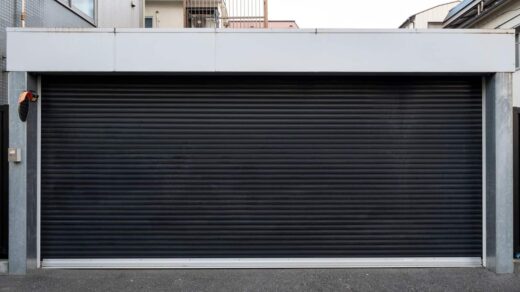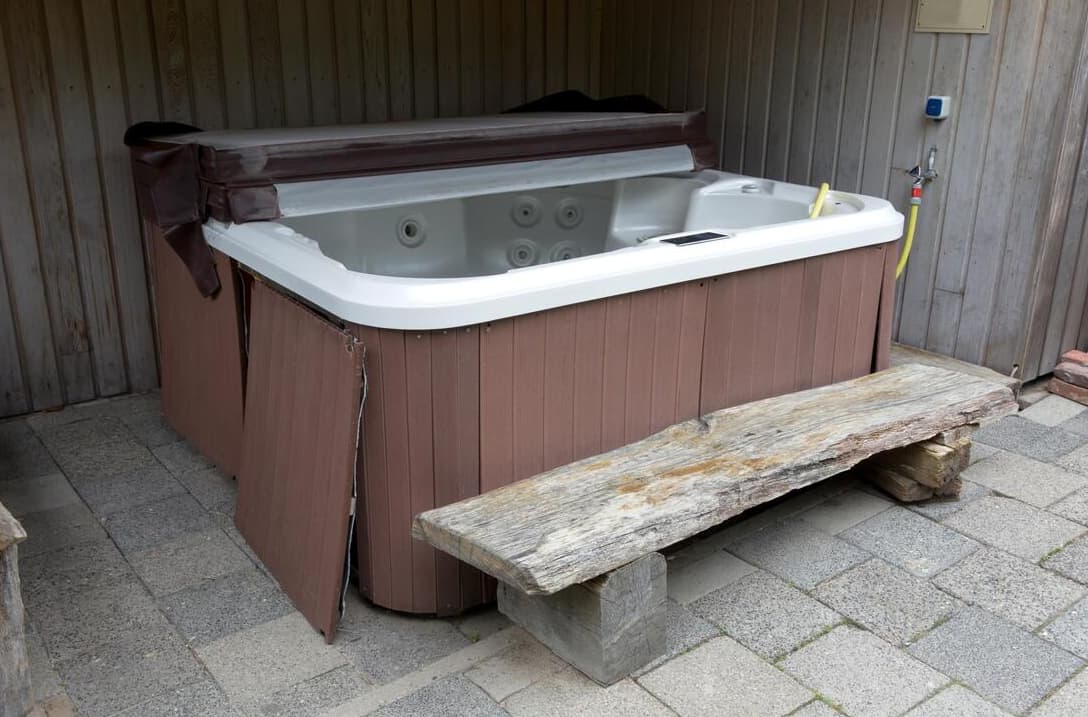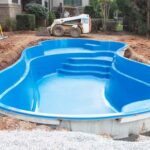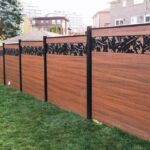When you discover a crack in your home’s foundation, it’s natural to feel worried.
If you’re wondering “How much does foundation crack repair cost?” you’re not alone.
Foundation repairs typically range from $250 to $800 for basic repairs, though costs can climb significantly higher depending on various factors.
Think of your foundation as your home’s backbone – when there’s a problem, it needs proper attention.
How Much Does Foundation Crack Repair Cost?
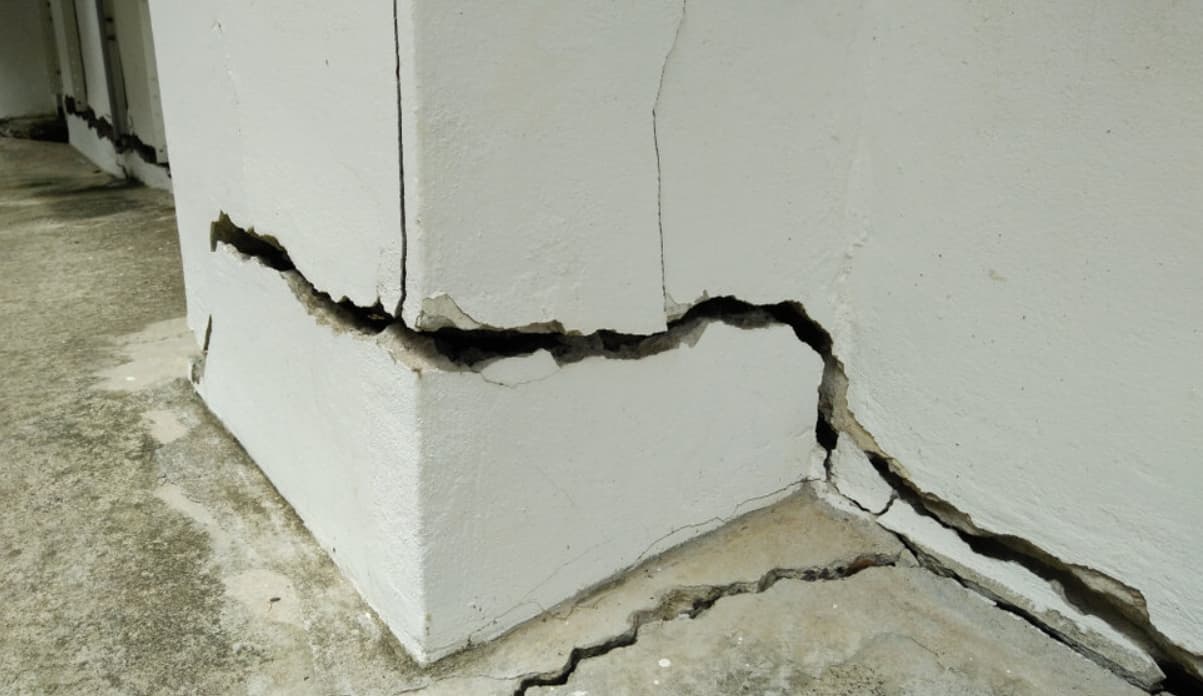
This guide will walk you through everything you need to know about foundation repair costs, from understanding different types of cracks to making smart decisions about repairs.
Types of Foundation Cracks and Their Repair Costs
Understanding the type of crack you’re dealing with is crucial for estimating repair costs. Let’s explore each type in detail:
Types of Foundation Cracks:
- Shrinkage Cracks These are the most common and typically least concerning type of foundation cracks. They form as concrete cures and dries, usually within the first couple of months after construction. Picture the way mud cracks as it dries in the sun – concrete does something similar, just on a smaller scale.
Key characteristics:
- Usually appear within 30-60 days of construction
- Typically less than ⅛ inch wide
- Often don’t grow or expand
- Generally don’t threaten structural integrity
Repair costs and methods:
- Simple epoxy filling: $50-$75 per linear foot
- Surface sealing: $100-$150 per crack
- Monitoring equipment (if needed): $50-$100
- Professional inspection: $150-$200
- Vertical Cracks These up-and-down cracks are like nature’s way of telling you your house is settling. While they might look alarming, they’re often less serious than other types of foundation cracks.
Key characteristics:
- Can have a slight angle (up to 30 degrees)
- May appear after heavy rains or soil movement
- Usually uniform in width
- Often found in poured concrete foundations
Typical repair methods and costs:
- Epoxy injection: $300-$500
- Hydraulic cement: $200-$300
- Professional sealing: $400-$600
- Structural reinforcement (if needed): $800-$1,500
| Crack Width | Typical Cost | Recommended Repair Method | Additional Considerations |
| Under ⅛ inch | $250-$350 | Epoxy injection | Monitor for growth |
| ⅛ to ¼ inch | $350-$500 | Hydraulic cement + epoxy | May need waterproofing |
| Over ¼ inch | $500-$800 | Professional reinforcement | Structural evaluation required |
| Growing cracks | $800-$1,500 | Comprehensive repair | Root cause analysis needed |
Regional Cost Variations for Foundation Repair
Location plays a significant role in foundation repair costs. Here’s how costs typically vary by region:
Northeast Region
- Higher labor costs ($250-$350 per hour)
- Additional frost line considerations
- Typical repair range: $400-$1,000
- Seasonal weather impacts
Southeast Region
- Moderate labor costs ($150-$250 per hour)
- Hurricane and moisture concerns
- Typical repair range: $300-$800
- Clay soil challenges
Midwest Region
- Average labor costs ($200-$300 per hour)
- Freeze-thaw cycle impacts
- Typical repair range: $350-$900
- Expansive soil issues
Western Region
- High labor costs ($300-$400 per hour)
- Earthquake considerations
- Typical repair range: $500-$1,200
- Drought impact on soil
Foundation Inspection Methods
Visual Inspection Process:
- Surface examination
- Crack mapping
- Width measurements
- Pattern documentation
- Photo evidence
- Interior checks
- Wall alignment
- Floor levelness
- Door/window operation
- Ceiling cracks
- Exterior assessment
- Drainage patterns
- Soil conditions
- Foundation exposure
- Water management
Professional Inspection Tools:
- Crack monitors ($50-$100)
- Moisture meters ($100-$300)
- Level indicators ($200-$500)
- Core sampling equipment ($500-$1,000)
Long-term Maintenance Strategies
Preventive Measures:
- Water Management
- Regular gutter cleaning ($100-$200 annually)
- Proper downspout extension ($10-$20 per foot)
- Grade correction ($500-$3,000)
- French drain installation ($2,000-$6,000)
- Soil Maintenance
- Regular soil testing ($30-$100)
- Proper watering schedules
- Root barrier installation ($300-$1,500)
- Soil stabilization ($1,000-$5,000)
- Regular Inspections
- Annual professional inspection ($200-$400)
- Quarterly personal checks
- Documentation of changes
- Early intervention planning
Environmental Factors Affecting Foundation Health
Climate Impact:
- Temperature fluctuations
- Rainfall patterns
- Drought conditions
- Freeze-thaw cycles
Soil Considerations:
- Clay content
- Expansion potential
- Drainage capacity
- Organic matter content
Repair Process Timeline
- Initial Assessment (1-2 days)
- Professional inspection
- Cost estimation
- Plan development
- Permit acquisition
- Preparation (1-3 days)
- Site clearing
- Equipment staging
- Material delivery
- Safety setup
- Repair Execution (2-10 days)
- Crack preparation
- Material application
- Reinforcement installation
- Curing time
- Final Steps (1-2 days)
- Clean-up
- Inspection
- Documentation
- Warranty processing
Impact on Home Value
Property Value Considerations:
- Pre-repair assessment
- Post-repair documentation
- Market impact analysis
- Insurance implications
| Repair Type | Value Impact | Recovery Time | ROI |
| Minor repairs | -2% to +1% | 1-2 years | 80-100% |
| Moderate fixes | -5% to +2% | 2-5 years | 60-80% |
| Major repairs | -10% to +5% | 5-10 years | 40-60% |
Financing Options for Foundation Repair
Common Funding Sources:
- Home equity loans
- Personal loans
- Construction loans
- Insurance claims
- Government assistance programs
Financial Considerations:
- Interest rates (3-15%)
- Term lengths (5-30 years)
- Monthly payment impact
- Tax implications
Questions to Ask Contractors
Experience and Credentials:
- Years in business
- License status
- Insurance coverage
- Previous project examples
Project Specific:
- Timeline estimates
- Material choices
- Warranty terms
- Payment schedule
Common Repair Mistakes to Avoid
DIY Errors:
- Incorrect material selection
- Poor preparation
- Inadequate curing time
- Missing underlying issues
Professional Selection Mistakes:
- Choosing the lowest bid only
- Skipping references
- No written contract
- Inadequate warranty
Advanced Repair Techniques
Modern Methods:
- Epoxy Injection
- Cost: $250-$800
- Duration: 1-2 days
- Effectiveness: High
- Longevity: 20+ years
- Carbon Fiber Reinforcement
- Cost: $600-$1,000 per strip
- Duration: 2-3 days
- Effectiveness: Very high
- Longevity: 25+ years
- Hydraulic Lifting
- Cost: $1,000-$3,000
- Duration: 3-5 days
- Effectiveness: Excellent
- Longevity: Lifetime
Warranty and Insurance Considerations
Typical Warranty Coverage:
- Workmanship (1-5 years)
- Materials (10-25 years)
- Structural (25-lifetime)
- Transferability options
Insurance Aspects:
- Coverage limits
- Exclusions
- Claim process
- Premium impacts
Future-Proofing Your Foundation
Long-term Prevention:
- Regular monitoring
- Drainage maintenance
- Soil management
- Professional inspections
Technology Integration:
- Smart moisture sensors
- Crack monitoring devices
- Digital documentation
- Weather tracking
Frequently Asked Questions
- Q: How often should foundations be inspected?
A: Annual professional inspections are recommended, with personal checks quarterly.
- Q: Will homeowners insurance cover foundation repairs?
A: Coverage varies by policy and cause of damage. Sudden events are more likely to be covered than gradual deterioration.
- Q: How long do repairs typically last?
A: Professional repairs should last 15-30 years or longer with proper maintenance.
- Q: Can I sell my house with foundation issues?
A: Yes, but repairs or price adjustments may be necessary, and disclosure is typically required.
- Q: What’s the best season for foundation repairs?
A: Spring and fall usually offer optimal conditions, but emergency repairs shouldn’t wait.
Also Check:
- How Much Does It Cost to Put Your House in a Trust
- How Much Does a Black Chain Link Fence Cost
- How Much Does a Plunge Pool Cost
Conclusion:
Foundation crack repair is a crucial investment in your home’s future.
While costs typically range from $250 to $800 for basic repairs, understanding the full scope of options and considerations helps make informed decisions.
Key takeaways include:
- Early detection saves money
- A professional assessment is crucial
- Regional factors affect costs
- Prevention is cost-effective
- Documentation matters
This comprehensive guide should help you understand the full scope of foundation crack repair costs and considerations.
Remember that while costs are important, the structural integrity of your home should be the primary concern.

